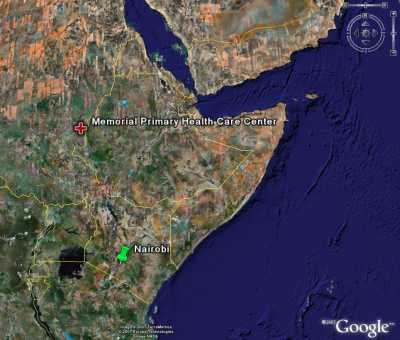Well, it’s time to get back to my question about Canadians and conflict. So far, no one has commented on my post from a couple of months ago on the topic. So, I would like to offer some ideas and see if you agree or disagree.
To review, the basic question was,"What are barriers to peacemaking in the Canadian culture?"
It may seem a strange question for a country known for its peace-making. But every culture has its problems when it comes to resolving conflict, and here I’m mainly talking about personal conflict – one Canadian to another, or one Canadian to a non-Canadian.
Here are a few things, somewhat inter-related, from the view of an insider:
- Canadians are polite. That’s a good thing, right? Well, usually. The problem is, Canadians are sometimes so polite that we won’t tell you when we disagree with you, even if you ask. I was talking with an American (USA) who had been working with Canadians for many years. He said bluntly,"Canadians lie". What he meant was, they’ll all nod in agreement with your idea in the meeting, but afterwards talk amongst themselves about how dumb your idea was.
This causes trouble when interacting with cultures like the American culture. But what about among ourselves? The question comes up in many cultures – if everyone knows you’re lying (if everyone knows you’re just saying that to be polite), are you lying? I don’t think so. However, even between Canadians, everyone does not always understand that you’re just being polite, and that can cause problems.
- Second, and somewhat related, Canadians don’t like direct confrontation. That means that, if there already is a conflict, Canadians don’t want to come right out and address it. Avoid, ignore, side-step, even forgive. But work it out? No thanks. I realize this is true of many cultures, but I think it’s true in a unique way in Canada. While other cultures work things out indirectly, and some cultures deal with it head-on, Canadians are more likely to avoid it altogether.
- Finally, Canadians are somewhat reserved and formal, compared to Americans. This is not always the case, but I think in everyday life it still tends to be. This point I especially relate to Americans, because being neighbours this one tends to come up a lot (a whole other article could be written about cultural conflict between Americans and Canadians). An American who is simply talking normally and politely for him/her can come across quite loud and rude to a Canadian. Conversely, to an American, a Canadian may seem unenthusiastic or somewhat inscrutable.
So what do you think? Am I right on? Way off? Do you have sometime to add?
In order to be polite, let me close by suggesting a few positives. Every culture has its strengths and weaknesses, no doubt about it. From a Christian perspective, this relates to the Church, and its mission to share the Gospel in every culture. There’s a reason why Jesus didn’t say,"Go and make disciples . . . unless you’re Greek or Canadian. Unless you’re a tax collector. Unless . . ."
No, we’re all needed in the Body. The problem is, compared to believers in a lot of countries, Canadians aren’t going. I believe that Canadians have their own unique strengths to offer, particularly in fulfilling the Great Commission.
For one, I think our culture is often a good middle-ground between cultures. In many ways we aren’t extreme one way or another, which makes it easier for us to relate to a variety of people. Our reputation around the world for peace-making and friendliness may open doors for us, but I think this middle-ground may be one reason for that reputation. Also, we have an appreciation for other cultures, and an understanding of other cultures that many countries don’t have. We have a lot to learn, no doubt. But our history and culture have given us unique training that other cultures don’t have.
Like every culture, we have our strengths and weaknesses. Maybe understanding those strengths and weaknesses will help us grow, and appreciate other cultures more. Swim on out there and make a difference, beaver…









